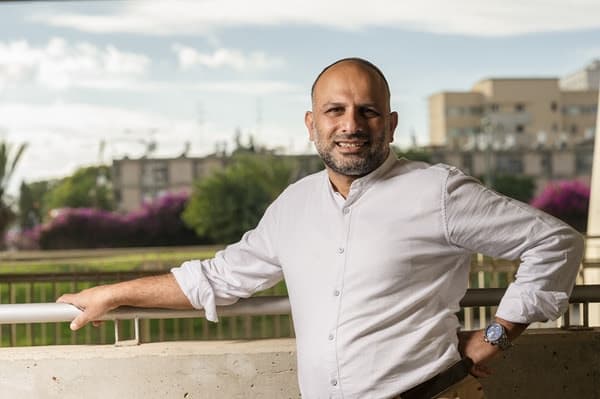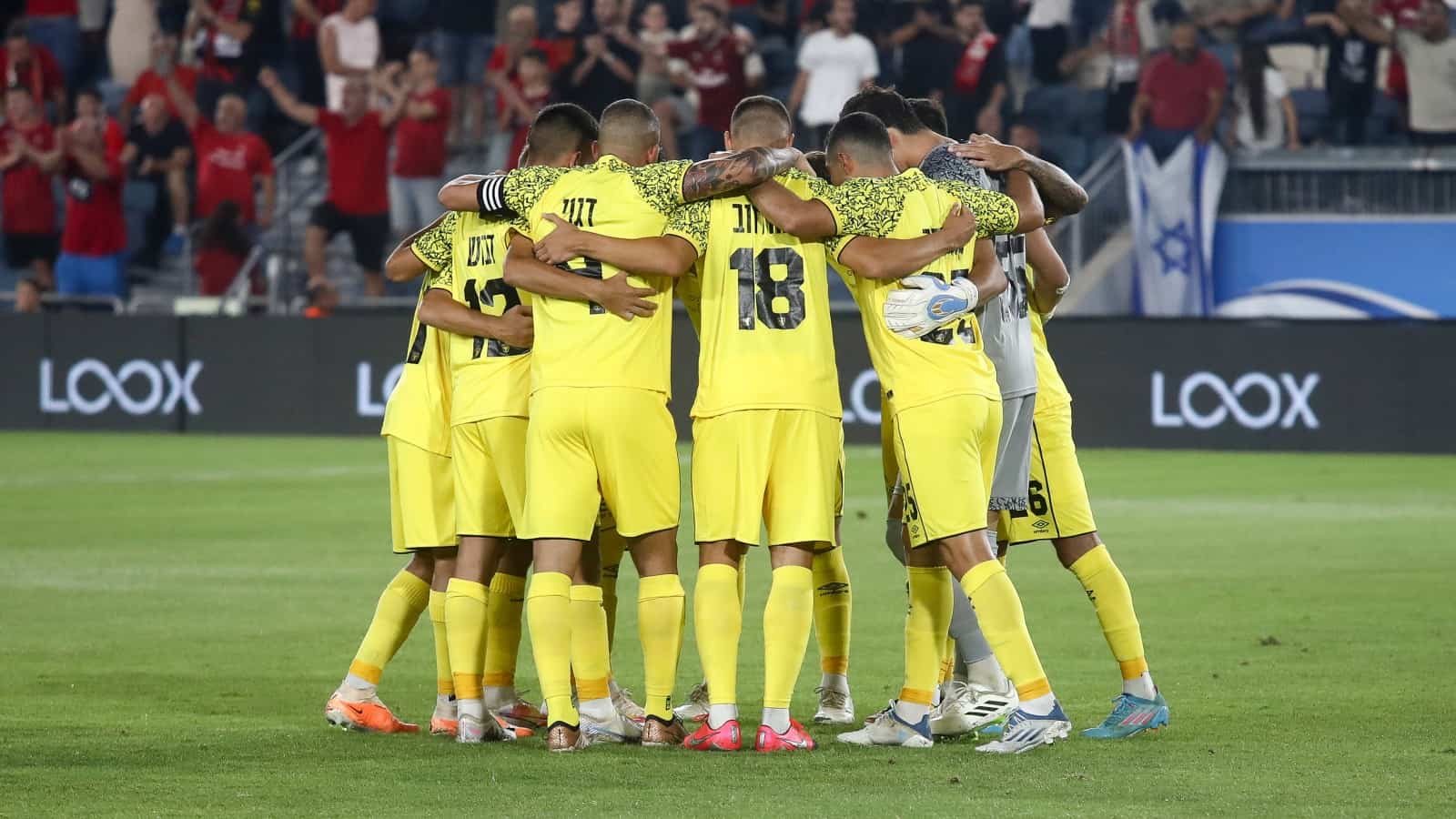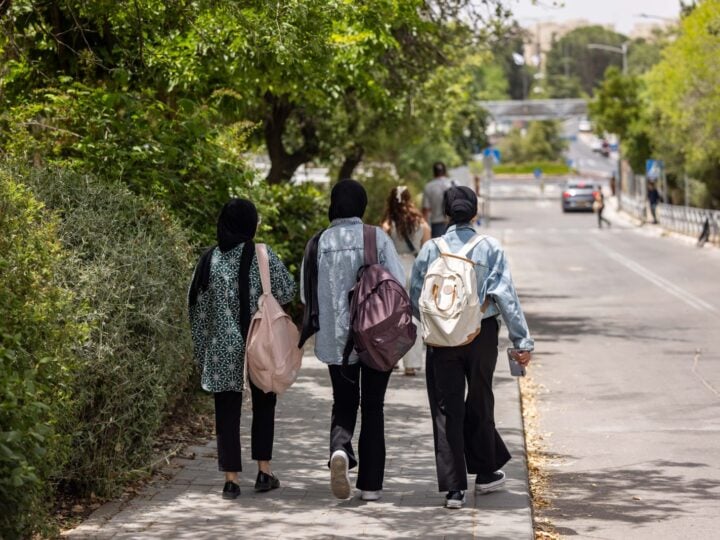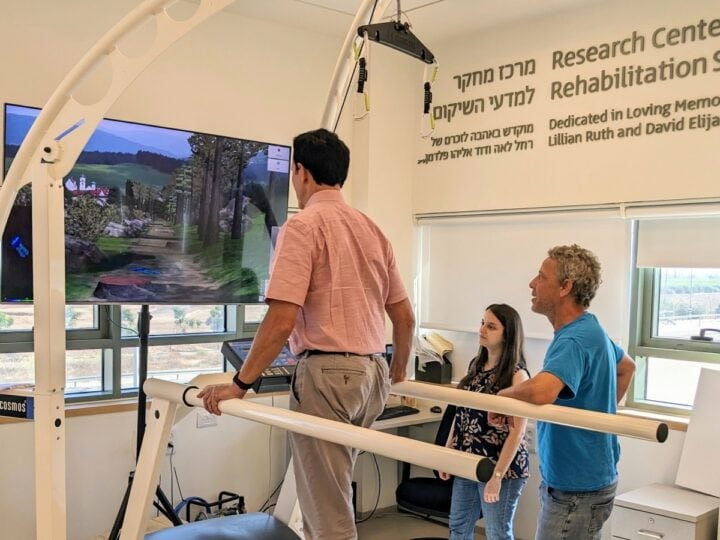Ben-Gurion University of the Negev researchers recently discovered that teammates’ efforts in sports correlate with each other and have a direct impact on individual performances.
The research team analyzed professional soccer leagues across Israel in 2017 and 2018 to measure how teammates’ efforts affect each other during the initial introduction on the field.
The researchers found that elevated peer effort positively affects individual effort, whereas a fatigued player on the team can potentially lower the energy of his colleagues.
Among the aspects that were analyzed were players’ running distance, number of sprints and player substitutions throughout every game. The researchers were able to prove that each player’s running distance in a specific section of the game changes when he plays with teammates who typically exert more effort.
In addition, the study was able to prove that if a fatigued player is substituted, the incoming player’s first five minutes on the field has a significant impact in overall team effort due to the fresh flow of energy.
The researchers believe the findings could be applied to other industries, such as R&D, court litigation, political lobbying groups and marketing divisions. These groups are also characterized by high levels of collaborative and professional effort in a competitive environment.

The research was led by Naomi Gershoni and Prof. Danny Cohen-Zada from the Department of Economics at Ben-Gurion University, as well as former master’s student Itai Dayag.
The findings were published recently in the Management Science journal.
The researchers wrote that the study could be applied to “environments where effort is strongly related to group performance, when individual performance is difficult to quantify, or when common individual performance measures are irrelevant for large parts of the team.”

“Our findings suggest that social connections and obligations may contribute to positive peer effects in effort, and indicate why it can be beneficial for organizations to encourage social interaction among coworkers and to invest in activities that help forge team spirit,” they added.
The abstract of the paper argues that these findings “highlight that effort spillovers play an important role in team production and that even a change in just one worker’s effort can substantially influence team effort and thus performance. Moreover, we present suggestive evidence that behavioral considerations are a relevant mechanism for creating peer effects even in highly skilled teams of workers.”

















